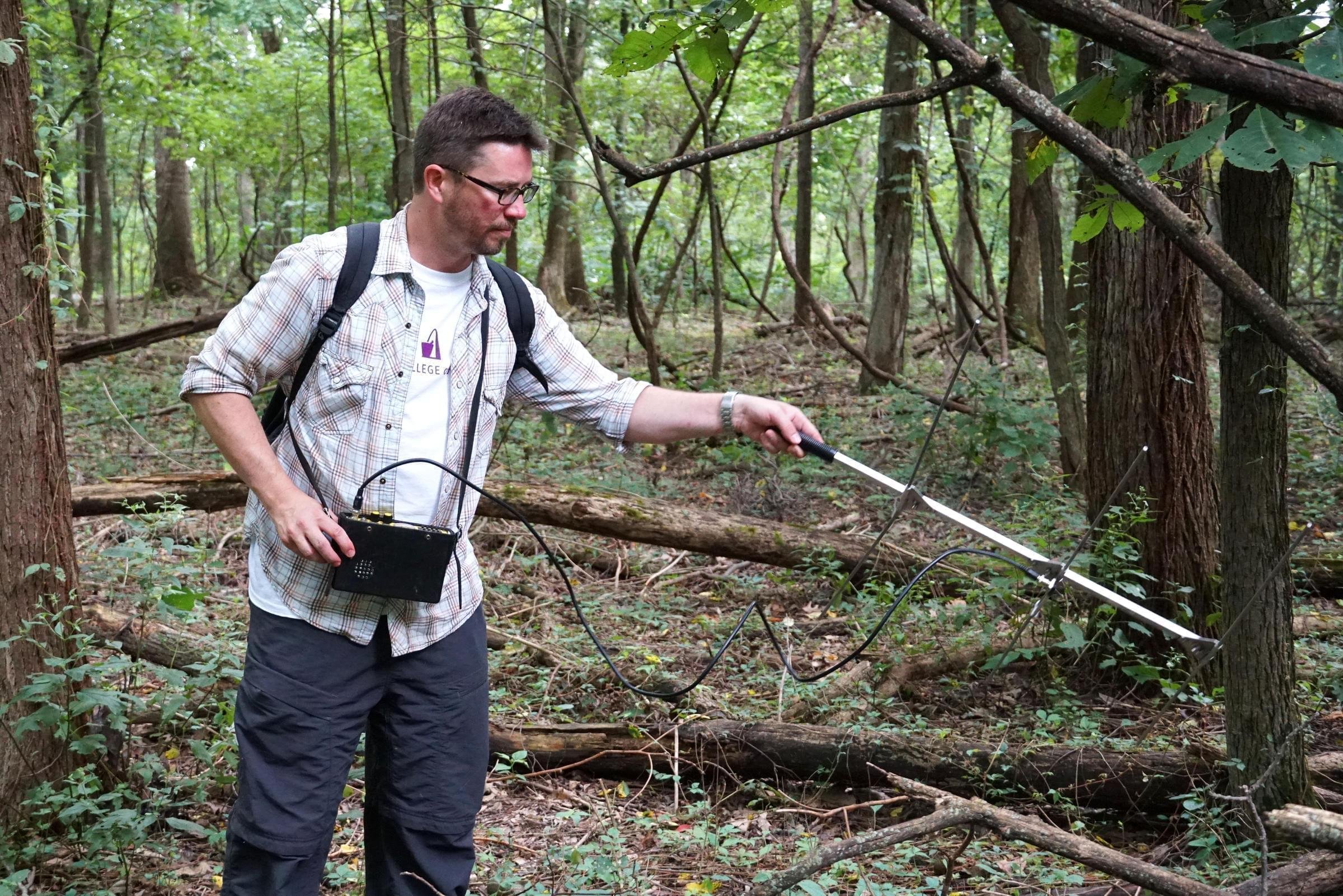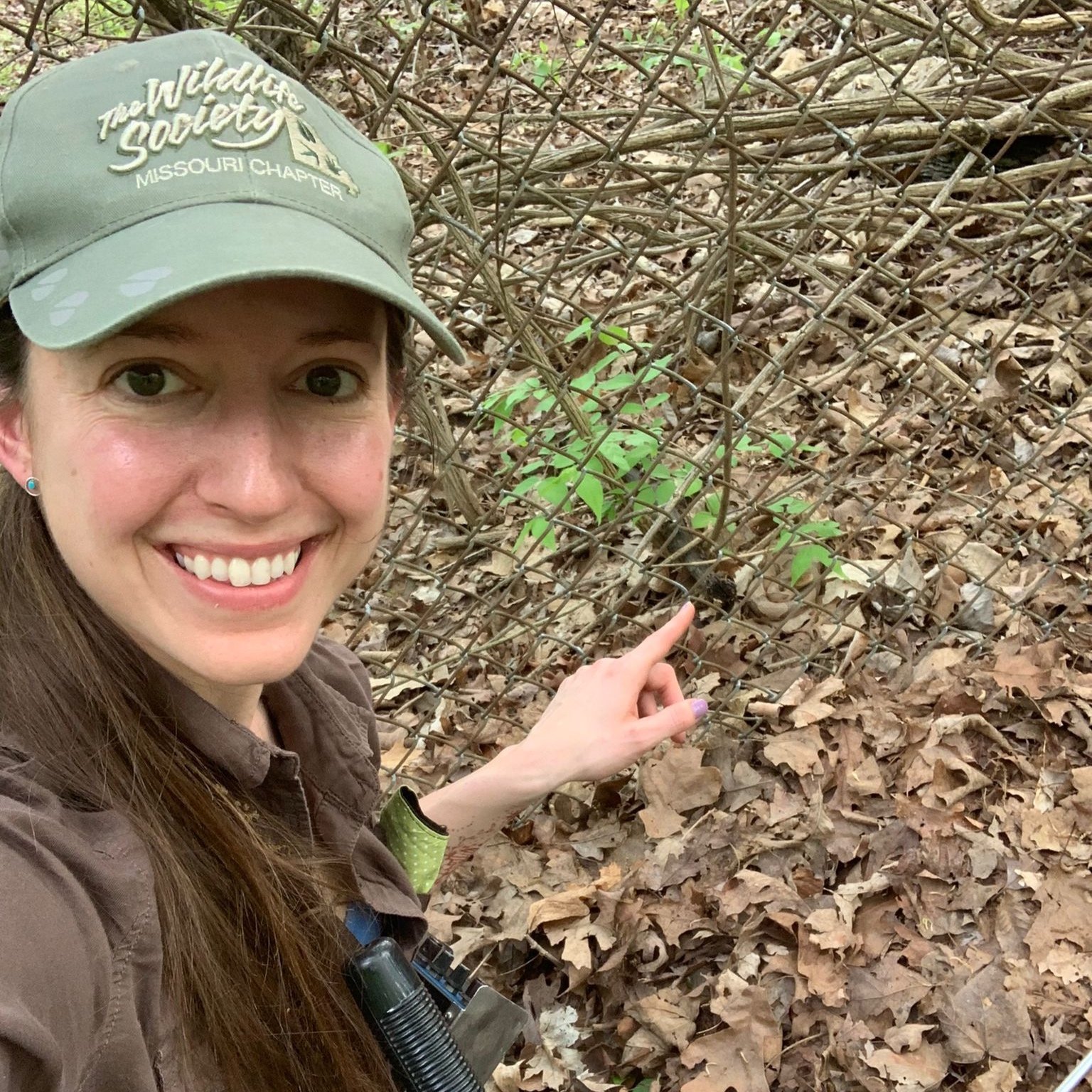Where do animals go in their free time?
Why did the snake cross the road?
Benjamin Jellen (University of Health Science & Pharmacy)
Brittany Neier
Snakes are very difficult to find in the wild and, therefore, the use of technology greatly helps us understand their behavior. The use of space is one key behavioral trait that is important for knowing where animals reside, feed, and reproduce. Such basic knowledge is still lacking for many snake species, despite their importance for the balance of prey and overall ecosystem health. General public conversations would be focused on radio telemetry tools and their uses for ecological studies, general snake facts, and answering any snake-related concerns that guests may have.
Monkeying around
Gisela Sobral (WashU, Department of Anthropology)
Radiotelemetry is a common practice in primate studies. Although we use it to find them, our understanding on primate movement is still made primarily on direct observations. American primates are all diurnal, small, and arboreal, and very rarely do they come to the ground. Their African/Asian cousins can be small and nocturnal, large and terrestrial, or medium and arboreal. These differences in movement and space use are also deeply connected with very distinct social behavior and physiology.
Our Speakers
Benjamin Jellen, Ph.D.
(he/him/his)
Ben is an associate professor at the University of Health Science & Pharmacy in St. Louis. He works on Natural history and conservation of amphibians and reptiles. He is working to understand the movements of copperhead snakes with radio telemetry on land owned by the Missouri Dept of Conservation.
Follow the work of Benjamin and his colleagues on their lab website.
Brittany Neier, MA in Biology
(she/her)
Brittany has always been fascinated with the natural world and that helped guide her to complete her MA in Biology through Miami University and continue a path of life-long learning. She has spent years working on a project tracking a local snake species and is looking forward to sharing more about the work.
Gisela Sobral, Ph.D.
(she/her)
Gisela is a biologist and currently a postdoc at WashU. With a Master’s in Evolutionary Biology and a PhD in Animal Reproduction, she worked with mammals, particularly South American rodents and primates. Her work has been on correlating hormones and behavior of primates. She will talk about how American and African primates differ in their space use, social behaviour and physiology.
Follow the work of Gisela and her colleagues on twitter @WUSTLAnthro and lab website.




